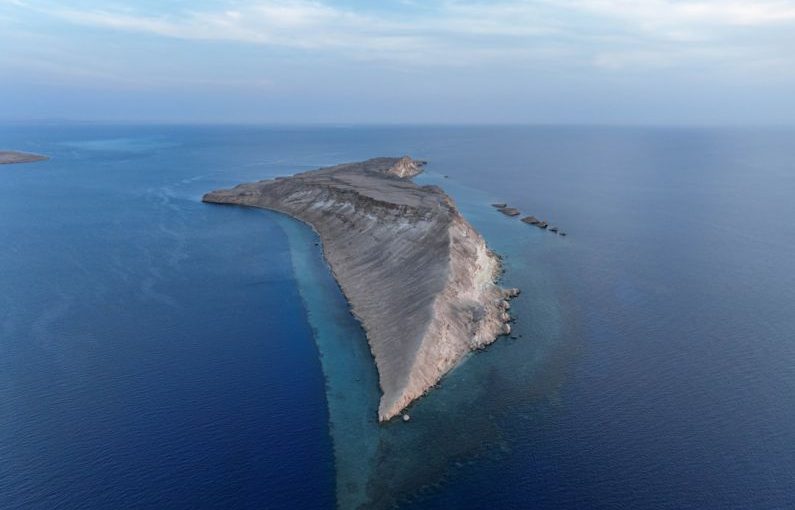Coral reefs are vibrant ecosystems teeming with life, vital to the health of our oceans, and crucial to the balance of our planet’s biodiversity. These underwater marvels support a myriad of marine species, protect coastlines from erosion, and contribute to the global economy through tourism and fisheries. However, due to human activities and environmental stressors, coral reefs are facing unprecedented threats, putting their survival at risk. In this article, we will explore the importance of coral reefs and discuss how we can visit them responsibly to ensure their preservation for future generations.
Discovering the Underwater Wonders
Coral reefs are often referred to as the “rainforests of the sea,” showcasing a kaleidoscope of colors and shapes that mesmerize all who have the opportunity to explore them. Stretching over vast areas in tropical and subtropical waters, coral reefs are home to a wide array of marine life, including fish, mollusks, crustaceans, and many more species. The intricate structures of coral formations provide shelter, breeding grounds, and food sources for countless organisms, creating a complex and interconnected ecosystem beneath the waves.
The Importance of Coral Reefs
Beyond their stunning beauty, coral reefs play a vital role in maintaining the health of our oceans and planet. One of their most crucial functions is acting as a barrier against coastal erosion. The physical structure of coral reefs helps to dissipate the energy of waves, protecting shorelines from the damaging effects of storms and tides. In addition, coral reefs support the livelihoods of millions of people worldwide through fishing and tourism industries, generating income and sustenance for local communities.
Furthermore, coral reefs are essential for global biodiversity, hosting a diverse range of species that rely on these ecosystems for survival. Many commercially important fish species depend on coral reefs for food and shelter during various stages of their life cycles. By preserving coral reefs, we are not only safeguarding these marine habitats but also ensuring the sustainability of fisheries and the overall health of marine ecosystems.
Visiting Coral Reefs Responsibly
As the popularity of marine tourism continues to rise, it is essential for visitors to coral reefs to practice responsible and sustainable tourism to minimize their impact on these delicate ecosystems. Here are some tips on how to visit coral reefs responsibly:
Choose Eco-Friendly Tour Operators: When planning a visit to coral reefs, opt for tour operators that prioritize environmental conservation and sustainable practices. Look for operators who follow guidelines to protect coral reefs and marine life.
Practice Responsible Diving and Snorkeling: If you are engaging in water activities such as diving or snorkeling, be mindful of your movements to avoid damaging coral reefs. Refrain from touching or stepping on corals, as they are fragile organisms that can easily be harmed by human contact.
Use Reef-Safe Sunscreen: Many conventional sunscreens contain chemicals that are harmful to coral reefs and marine life. Opt for reef-safe sunscreen options that do not contain oxybenzone and octinoxate, two chemicals known to contribute to coral bleaching.
Support Conservation Efforts: Consider donating to organizations dedicated to coral reef conservation or participating in volunteer programs that help protect these valuable ecosystems. Your contribution can make a difference in preserving coral reefs for future generations.
In conclusion,
Coral reefs are invaluable ecosystems that deserve our utmost care and protection. By understanding their importance and adopting responsible tourism practices, we can ensure that these vital marine habitats thrive for generations to come. Whether you are a seasoned diver or a beach enthusiast, make a conscious effort to visit coral reefs responsibly and contribute to their preservation. Together, we can safeguard these underwater wonders and preserve their beauty and biodiversity for the benefit of all.





